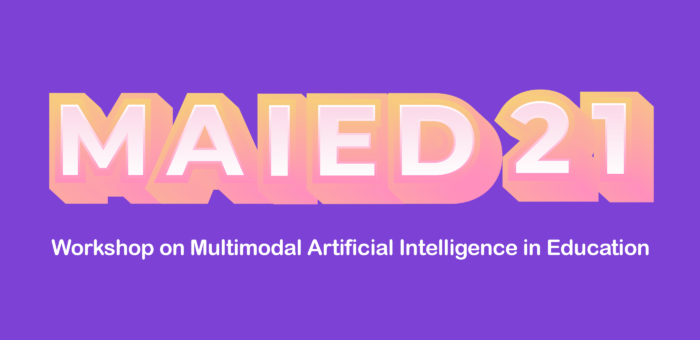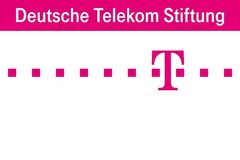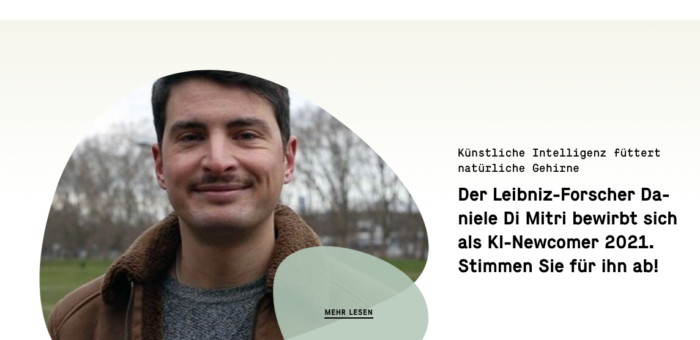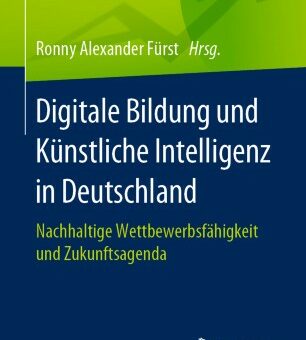
Workshop on Multimodal Artificial Intelligence in Education (MAIEd’21)
1st International Workshop on Multimodal Artificial Intelligence in Education (MAIEd'21) @ the 22nd International Conference on Artificial Intelligence in Education (AIED’2021) https://aied2021.science.uu.nl/ 14th June 2021, 9 am to 4 pm CET online workshop Website: https://maied.edutec.science/ - Proceedings to be published by CEUR (more…)



